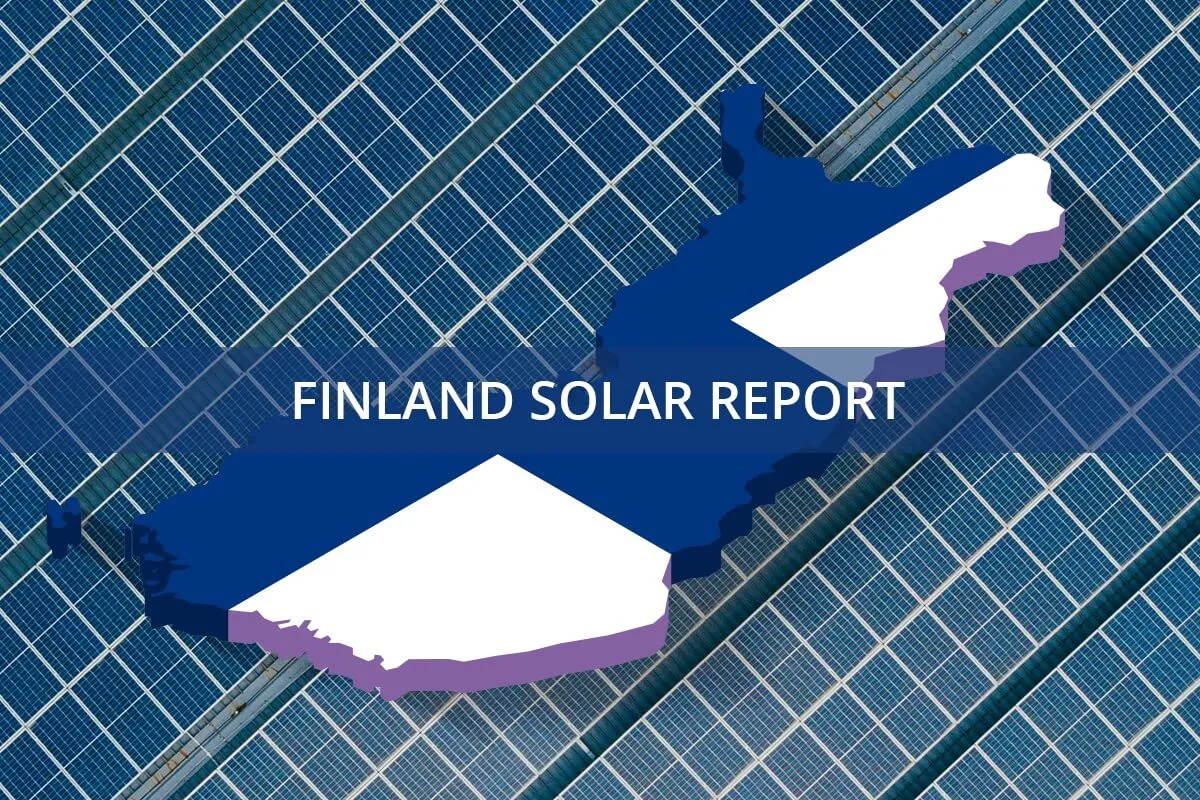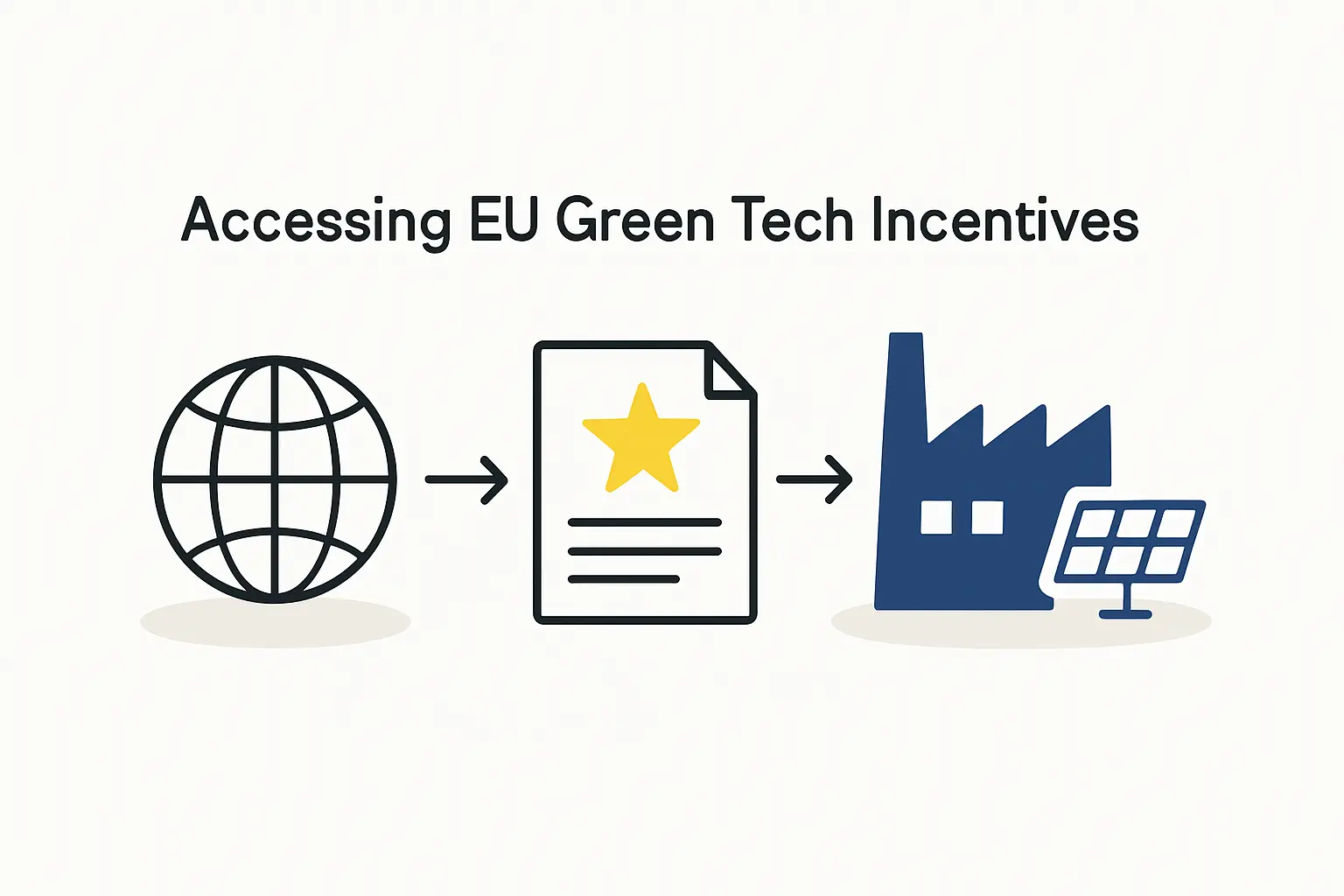Finland is set to launch an innovative solar energy project, backed by significant EU funding, to test and develop new technologies for clean energy production. This initiative, led by the University of Oulu and spanning multiple municipalities, aims to enhance Finland’s renewable energy infrastructure and promote sustainability.
EU Funding Boosts Finnish solar Energy Research
Finland is set to advance its solar energy capabilities through a groundbreaking project backed by significant EU funding. The initiative, led by the University of Oulu, will explore new technologies and methods to optimize solar energy production and integration into the national grid.
With a budget of €100 million, the project has received €50 million from the EU. This funding is part of a wider European strategy to support clean technology, with programs like the EU Innovation Fund—financed by revenues from the EU Emissions Trading System (EU ETS)—playing a pivotal role. Investors and developers can learn more about the financial landscape with this guide to green tech investment incentives in Finland.
A prime example of this support in action is a multi-million-euro grant awarded to Swedish developer Alight for a 120-megawatt (MW) agrivoltaics project in southeastern Finland. This innovative approach combines solar energy generation with agricultural land use, a concept gaining traction across Europe, as seen in Italy’s agrivoltaics tender. The project also includes 45 MW of battery storage, directly addressing a key challenge in renewable energy.
The EU support underscores the importance of solar energy in meeting climate targets and reducing dependence on fossil fuels. As Europe aims for carbon neutrality by 2050, projects like this are crucial for advancing clean energy solutions.
Enhancing solar Energy Infrastructure with Finnish solar EU funding
The project will focus on developing solar panels that are more efficient and resilient in Finland’s unique climate. Achieving this requires a deep understanding of the entire solar panel manufacturing process, from selecting the right raw materials to optimizing production. These innovations are essential for integrating renewable energy into existing power systems.
The University of Oulu will lead the research, collaborating with municipalities such as Oulu, Rovaniemi, and Kuopio. These regions offer diverse conditions for testing solar energy solutions, ensuring that the technologies developed are adaptable to various environments.
In addition to technical innovations, the project will also address energy storage solutions. The inclusion of a 45 MW battery storage system in the Alight project is a concrete example of this focus. By improving battery technologies and developing new storage methods, Finland aims to ensure a stable supply of renewable energy even when solar production is low.
Benefits for Finland and Beyond
This initiative is expected to bring significant economic and environmental benefits to Finland. By increasing the share of renewable energy in the national grid, Finland can reduce its carbon footprint and enhance energy security. Moreover, the expertise developed domestically is empowering Finnish companies to expand their footprint across Europe, as seen in recent solar projects in Italy driven by Finnish investors.
For the EU, this project represents a step forward in achieving energy independence and sustainability. By investing in Finnish solar energy, the EU is supporting the development of technologies that can be applied across Europe. This will help other member states transition to renewable energy and meet their climate goals.
In addition to its domestic impact, the project will also contribute to global efforts to combat climate change. By developing and sharing innovative solar energy solutions, Finland can play a leading role in promoting renewable energy worldwide.
Future Prospects for Finnish solar Energy
As this project progresses, Finland is expected to see a significant increase in its solar energy capacity. The lessons learned and technologies developed will be crucial in scaling up solar energy production across the country. Moreover, the project will provide valuable insights for other countries looking to expand their renewable energy infrastructure.
In the long term, Finland’s solar energy project could serve as a model for other EU countries. By demonstrating the feasibility and efficiency of solar energy in northern climates, Finland can inspire similar initiatives across Europe. For those looking to deepen their understanding of the solar industry, our free e-course offers valuable insights into the technologies driving this change.



